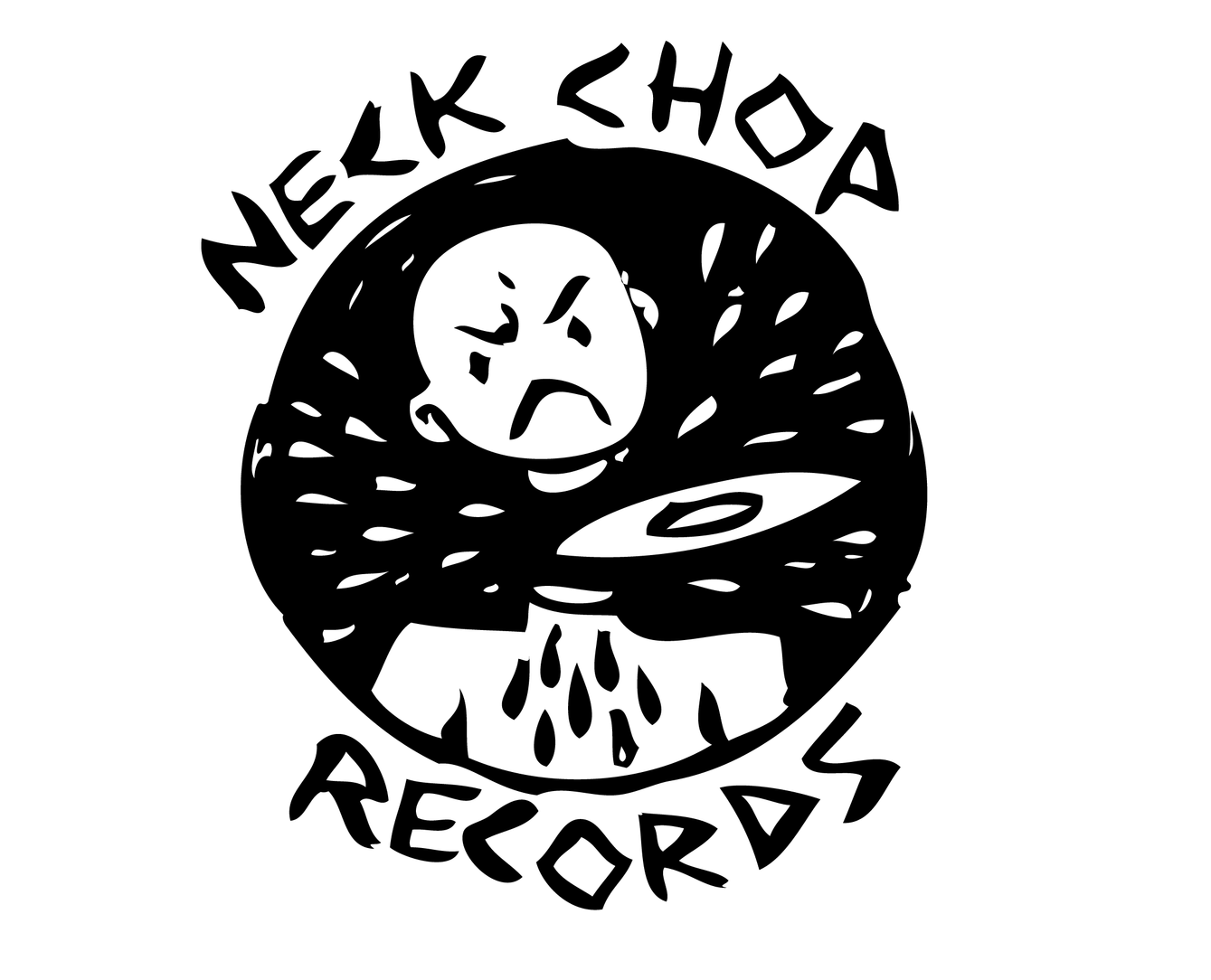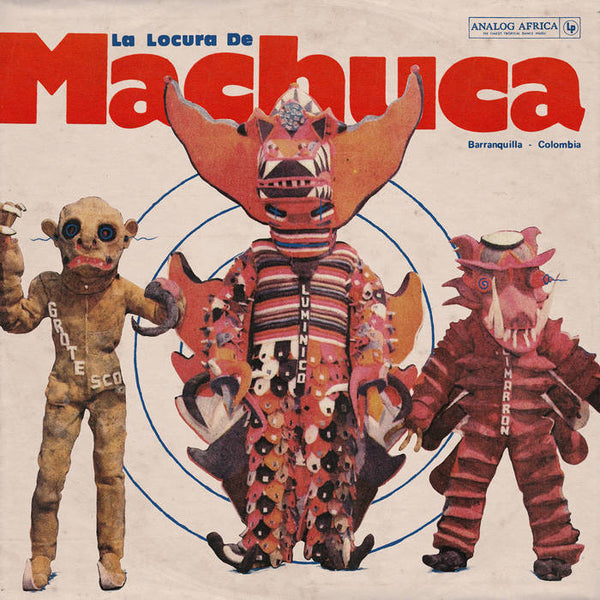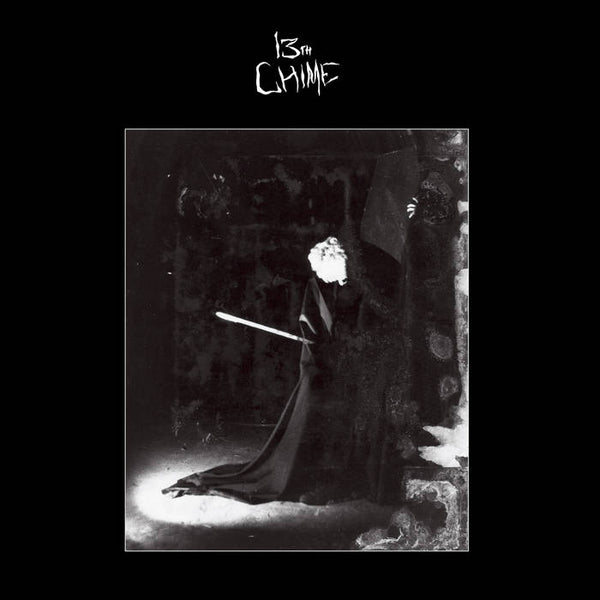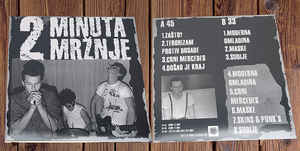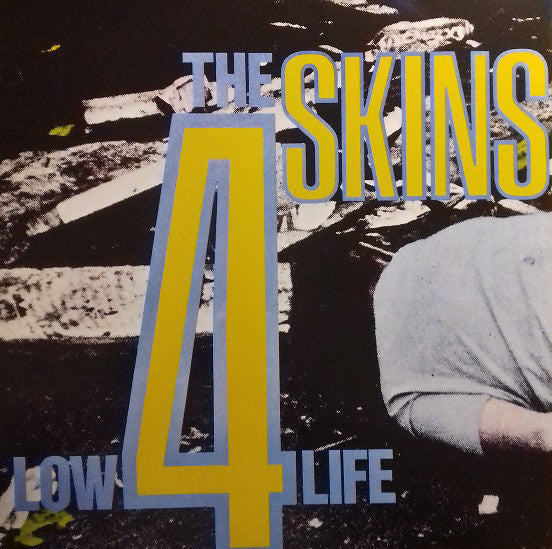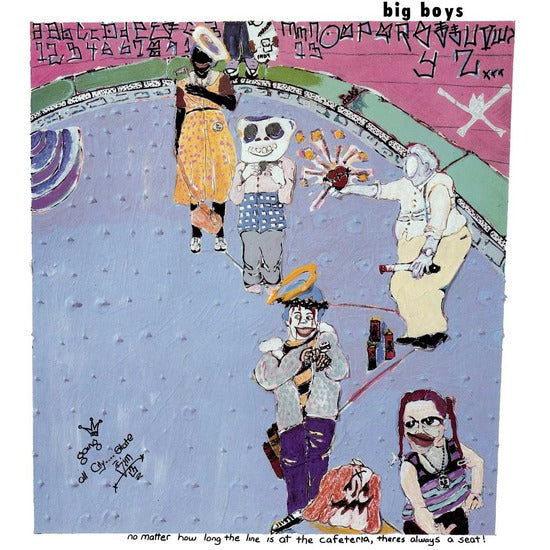
Big Boys "No Matter How Long The Line..." Gatefold COLOR LP
Tracklist
| A1 | No | |
| A2 | Narrow View | |
| A3 | I Do Care | |
| A4 | Listen | |
| A5 | What's The Word? | |
| B1 | Common Beat | |
| B2 | No Love | |
| B3 | Which Way To Go | |
| B4 | Killing Time | |
| B5 | Work |
They were, in the memory of Minor Threat frontman Ian MacKaye, “Enormous men, decorated jump suits, a horn section, 200 friends onstage singing and dancing.” They were Big Boys by name and by nature – and they had a big effect on US punk culture. When the prevailing trend was for playing hard and fast, this Austin, Texas four-piece played loose and funky. Their cult recordings struck a blend between punk ideology and clever humor, just as the band both railed against and celebrated the hardcore community that bore them.
Released at the time of their split in 1985 and now reissued by Modern Classics Recordings, the group’s final album, No Matter How Long the Line Is At the Cafeteria, There’s Always a Seat finds Big Boys continuing to innovate, even including the sound of turntable scratching on Common Beat, a sound rarely heard outside of hip-hop at the time. Songs like “Which Way To Go” and “Narrow View” echo their boredom and anger with the changing hardcore scene, while “I Do Care” and “What’s The Word” illustrate the band’s positive outlook for things to come.
With features in the earliest issues of Thrasher Magazine and coveted spots on their influential Skate Rock tape comps, Big Boys were the first band to be labeled “skate rock”, the nascent version of the world-conquering skate punk of the late ‘80s and ’90s. Now, Light In The Attic imprint Modern Classics Recordings is finally helping to bring the music of these pioneers to a new audience. Following the 2013 re-release of debut _Where’s My Towel / Industry Standard_, 2014 sees reissues of second album Lullabies Help The Brain Grow alongside this final record.
Just as the album flirts between expressions of boredom and anger and funk jams that declare “Life is just a party” (”What’s The Word"), Big Boys were a mess of contradictions. On stage, openness was key and they became famous for encouraging the audience to get involved: “We’re the band, you’re the band,” they would say. But as a four-piece, their relationships began to fray as is not uncommon with many bands on long tours. After five short years and many recordings, the Big Boys went separate ways. “We never really decided to ‘break up’, it just happened,” said Kerr, “We had been on a two month tour and it got to be exactly like being in a station wagon with mom and dad with your brother and sisters… lots of tension and everything.”
Along with an appearance in the documentary American Hardcore and these new reissues, the band’s legacy continues in current bands, like Fidlar, Wavves and The Orwells, and in the mark they made on Austin, Texas, which in tribute to the band, adopted the name of their song, “Fun Fun Fun” for an annual arts/music festival. Keep Austin weird? Big Boys made Austin weird.
